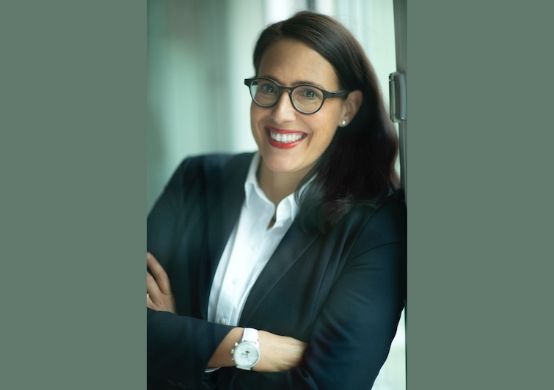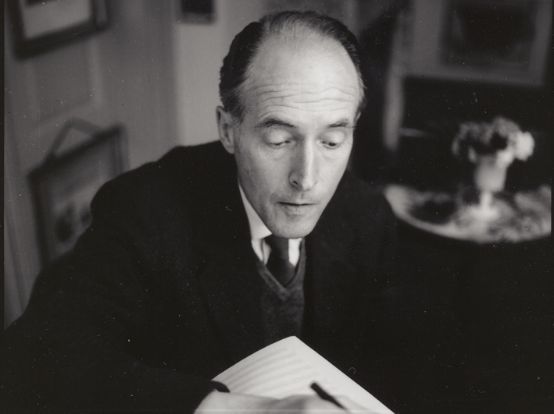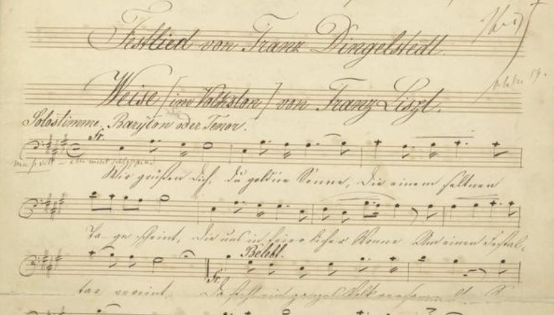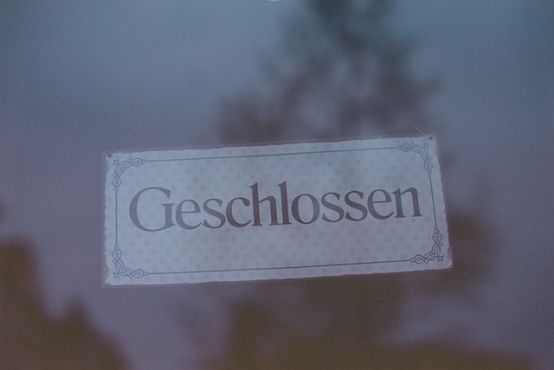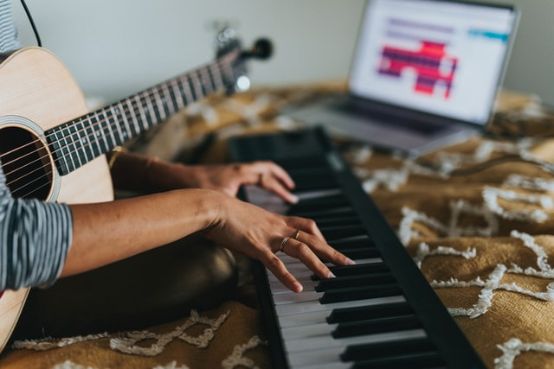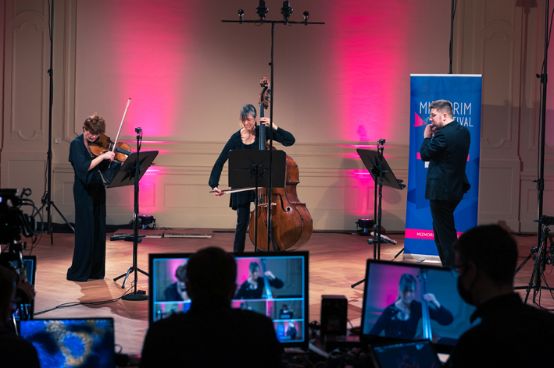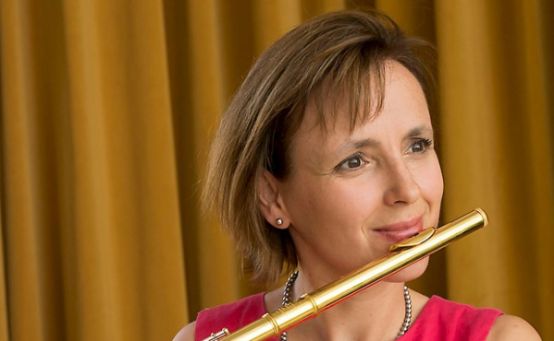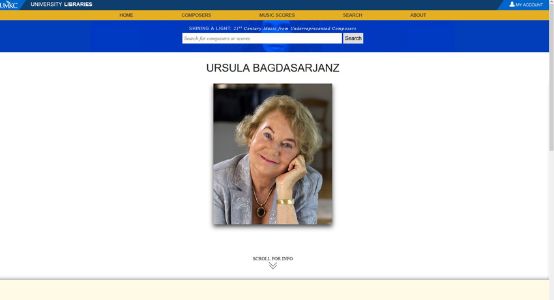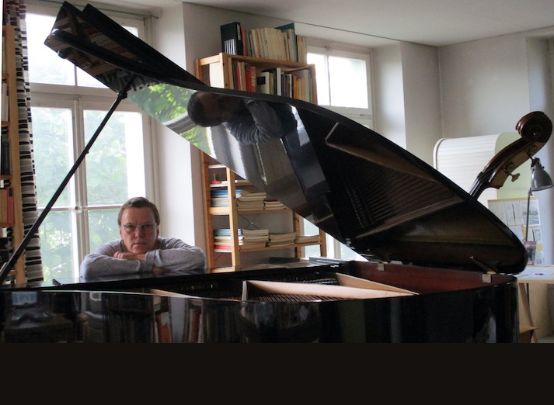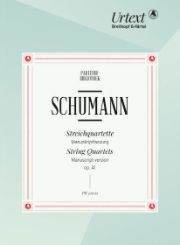Robert Schumann famously found it extremely difficult to put his own string quartets on paper after Beethoven and Schubert's significant contribution to the genre. He attempted to do so several times, as the four-part string unit fascinated him immensely. However, as a pianist who had not studied a string instrument, the established standards seemed too high to him for a long time, the goal too ambitious. Clara Schumann's motivation and Felix Mendelssohn's example, who took up the challenge with his own works, finally led in 1842 to the triumvirate of Opus 41, which was composed almost in a frenzy and within a very short space of time. In it - as in the symphonies - Schumann shows the compositional way out of the state of shock triggered by Beethoven among his contemporaries and the generation of composers that immediately followed. The aesthetic orientation towards the core of High Romanticism, which leaves formal, harmonic and structural constraints further and further behind, opens up the renaissance for the string quartet that Mendelssohn had already boldly embarked upon before 1826.
The manuscript version presented here in a new edition by Breitkopf & Härtel provides a glimpse into Schumann's compositional workshop. In the course of the first rehearsal of the three works by the quartet of violinist Ferdinand David, which took the incomprehensibly short time of five days until the premiere in a private setting, Schumann intervened in the score in numerous places in order to correct various imbalances that had proved unsatisfactory in the course of the work. He also improved the playability, avoiding uncomfortable double stops, bowings, phrasing and playing techniques. Noteworthy in the A minor quartet are the original use of mutes in the introductory Andante espressivo, later deleted doubled semiquavers in the following Scherzo, ornamentation suggestions in the Adagio and a shortening in the Presto. Schumann shortened considerably more in the variation movement of the second quartet, the F major quartet, and a repeat is also omitted in the Scherzo. Interesting in Opus 41/3 is a deleted additional bar at the beginning of the introduction to the first movement, which had delayed the entry of the first violin. A pizzicato in the cello in the notorious, tricky secondary theme of the first movement was also omitted. Typically for a pianist, Schumann writes impossibly long slurs, but in this edition they serve as a good model for intelligent phrasing and merely require a more practicable division that keeps the composer's instructions in mind.
Overall, however, it is surprising how few deviations there are. In Beethoven's case, the changes made in collaboration with the Schuppanzigh Quartet were much more extensive. From today's perspective, it is difficult to understand why Schumann had to insist several times with his publisher that a score be published alongside the parts to make it easier to work through the complex and multi-layered works. The quartets, which were unfortunately only composed in this one year, remain a great challenge for any ensemble even today.
Robert Schumann: String Quartets op. 41 no. 1-3, manuscript version, edited by Nick Pfefferkorn; set of parts, EB 32032, € 37.90; study score, PB 32032, € 23.50; Breitkopf & Härtel, Wiesbaden
